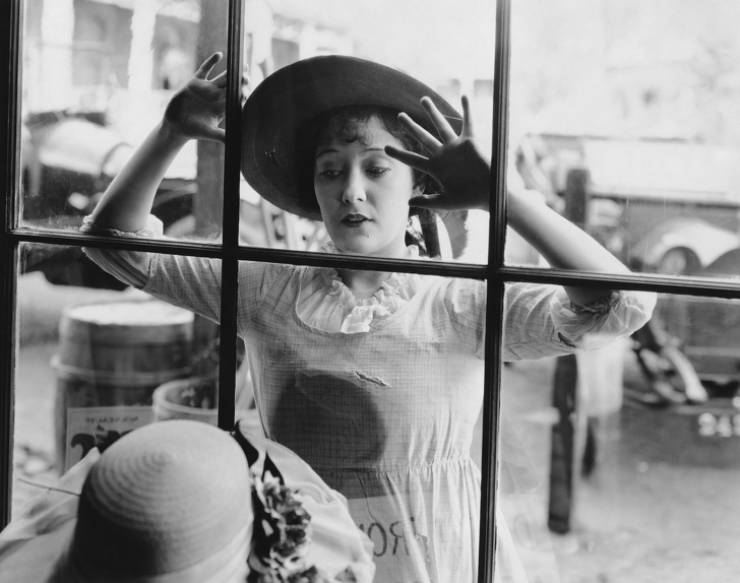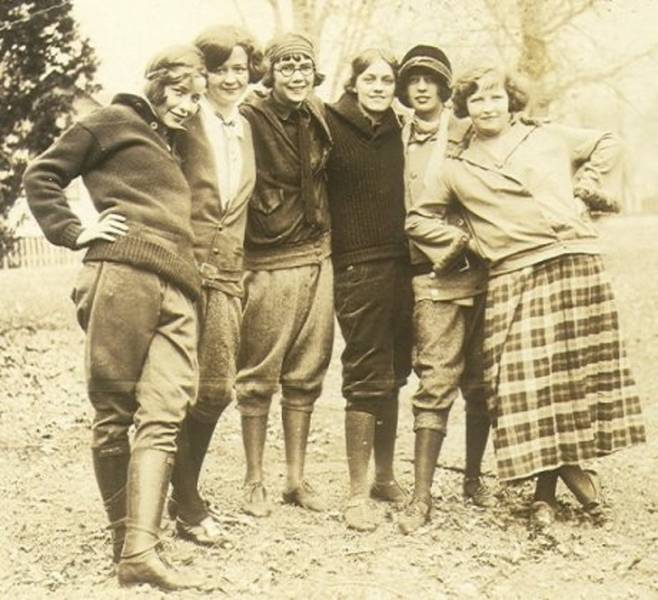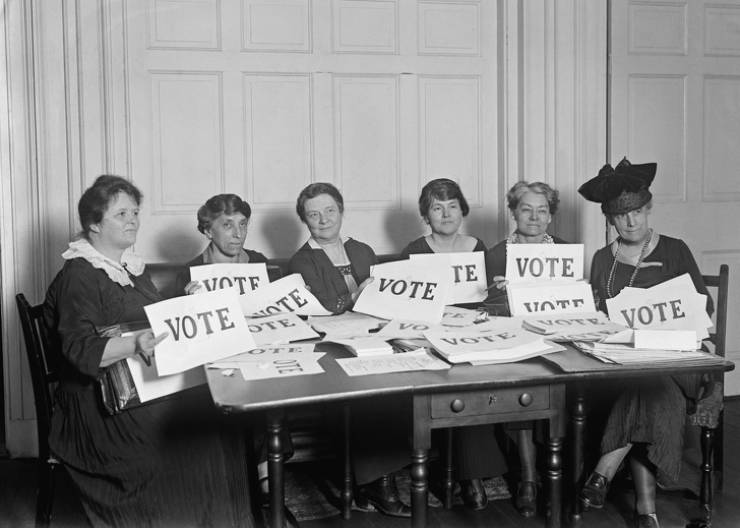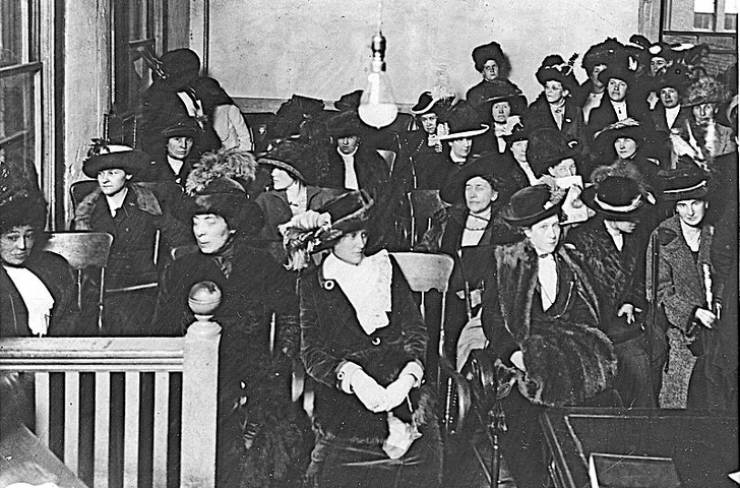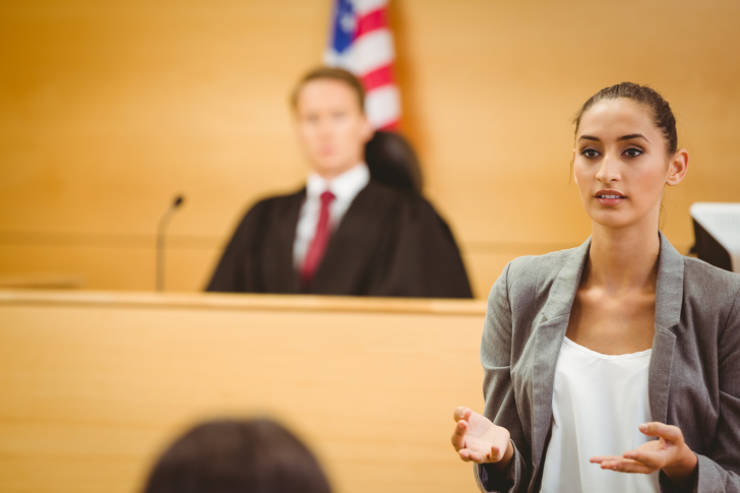Shopping on their own
Women were excepted to be accompanied by a man every time they left the house, especially when they went shopping. Men were there to protect them and women were even banned from entering some places on their own.
Wearing pants
In the past, women would only wear skirts. It was not socially unacceptable for women to wear pants and in some countries, it was even considered illegal. Pants were seen as a sign of masculinity and rebellion.
Voting
Men believed women weren’t made to participate in politics and because of that, they shouldn’t vote. It was believed women had inferior brains and were not mentally prepared to vote.
Opening a bank account and having a credit card
Before, women couldn’t open an account in their own name. Women couldn’t apply for loans or have a credit card. If they were single, they would need their father to sign papers for them.
Joining the military
Having women in the military was incredibly rare and in some places, they were not even allowed. Women were only used when the country actually needed them like during the wars, for example.
Serving on a jury
Women were not allowed to sit on a jury except as defendants or third parties. They were considered too fragile and sympathetic to participate in such serious cases.
Having easy access to contraceptive pills
Birth control only became legal in some places in the world in the middle of the twentieth century. But it first became legal to married women only — single women had to wait a few more years.
Having their own passport if they were married
Once a woman got married, she would have to get a joint passport with her husband. It was not acceptable for married women to travel outside the country without their husbands.
Keeping their job while pregnant
Women have suffered a lot of sex discrimination in the past. One example is the fact that they could be denied a job or even fired if they were pregnant. In the United States, it wasn’t until 1978 that a law was passed to make this stop.
Becoming lawyers
Women were allowed to go to law school but they would be denied the right to practice their job as a lawyer and plead a client’s case.

